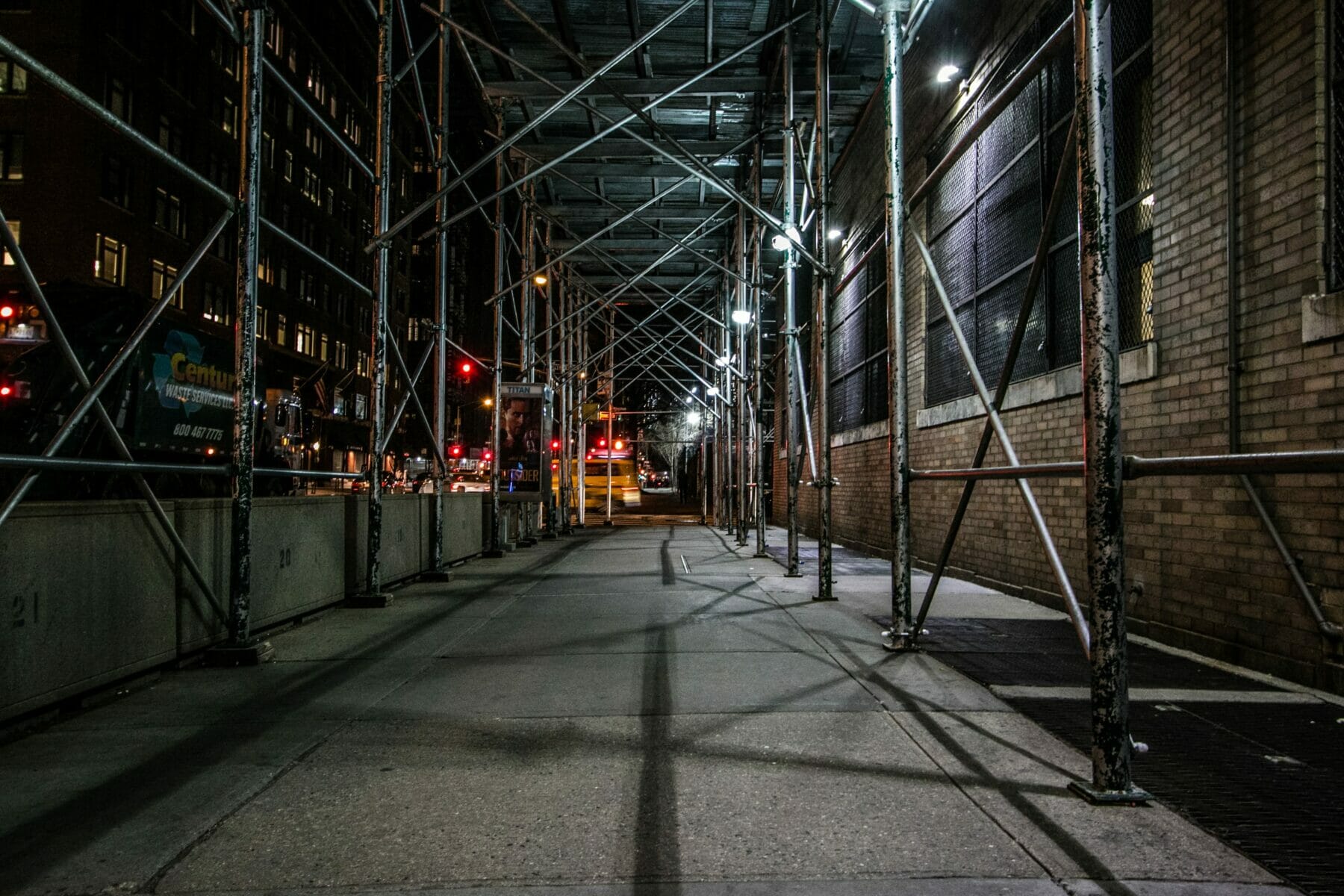Do councils need a Judge’s permission to file charges under s 40 of the Building Act? And, can a person be convicted of an offence?
Rice Speir recently argued a precedent-setting case for Auckland Council, which answered these two questions. The case, which will be of interest to all councils, is available on our website here.
The issues for determination
The defendants had been charged by the council under s 40 of the Building Act in relation to renovations at an Epsom property. They argued that the council had made a mistake when filing the charges and asked the Court to throw them out on that basis. The issues were very technical and involved a “fruit salad” of sections and Acts that we won’t bore with you here. However, the essential questions were:
- Does a council need a Judge’s permission (leave of the Court) to file charges under s 40 of the Building Act?
- Can an offender be convicted if found guilty under s 40?
The answers to these two questions would determine whether or not the prosecution was correctly brought.
Does a council need a Judge’s permission to file charges under s 40 of the Building Act?
Referring to an old statute from 1957, the defendants’ lawyer argued that because s 40 of the Building Act is an “infringement offence”, a Judge’s permission (leave) is needed before a council can file charging documents. Because the council hadn’t in this case, the defendants’ lawyer asked the Judge to throw the charges out.
We defended the council’s actions and suggested that the Building Act creates its own, self-contained, infringement regime that gives councils two independent ways to enforce under s 40: either by issuing an infringement notice or by filing charges in Court.
Although the issue was novel in the context of the Building Act, the same point had arisen many years ago with the RMA. In fact, Down v R went all the way to our highest Court.
In the present case, the District Court agreed with us that the enforcement regime under the RMA and Building Act are essentially the same or at least have the same effect. In the Judge’s own words:
“The two statutory schemes in relation to infringement offences are sufficiently similar to support that approach, notwithstanding the difference between them and an offender against the RMA may be sentenced to imprisonment but an offender against the BA may not”.
– Judge David Kirkpatrick
The Court ultimately decided that the council got the procedure right and was not required to seek leave before filing the charges.
Can an offender be convicted under s 40 of the Building Act?
The defendants’ lawyer also suggested that because s 40 of the Building Act is an “infringement offence”, a person cannot be convicted if found guilty. He referenced s 375 of the Criminal Procedure Act in making this argument.
On behalf of the council, we noted that not only was that interpretation wrong, it would lead to an absurd result in that all of the convictions against people over the years for offending against the Building Act would have been wrongly entered.
The Judge made short work of this point and, agreeing with us, determined that because leave of the Court was not required to file charging documents, a defendant can be convicted if found guilty.
What this means for our council clients
Unlike in the RMA arena, very few cases have ever gone to Court for s 40 Building Act offending. This is a problem because there is not much guidance for councils to assist with enforcement decision making.
This is why this case is monumental. It answers a couple of key questions, removes uncertainty, and should give councils confidence about the way they prosecute under the Building Act moving forward.
Maximum penalties under the Building Act are set to rise and we can expect to see more cases come through the system in the coming years. This will push Courts to impose more significant penalties, resulting in genuine deterrence and fewer problems (and liability) for councils when things go wrong with building projects.
Well done Auckland Council. The path is now a bit clearer for our other council clients.



